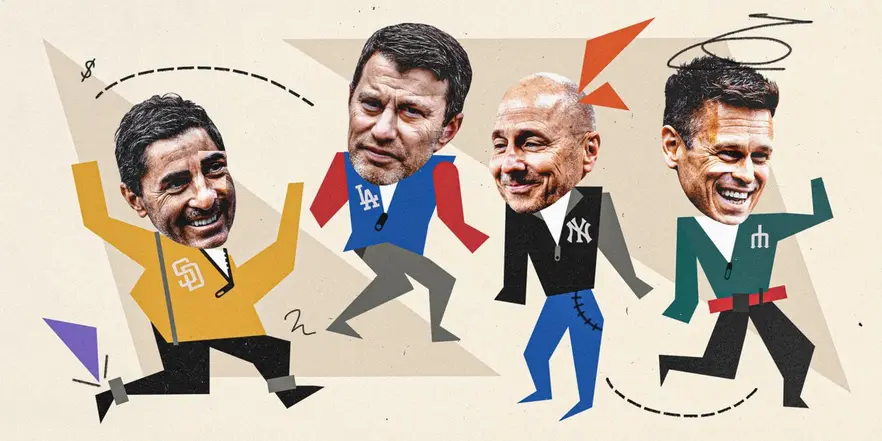T4K3.news
Possible MLB realignment under discussion
MLB officials are weighing geographic realignment as a path to expansion and refreshed rivalries, with a key decision expected after stadium resolutions.
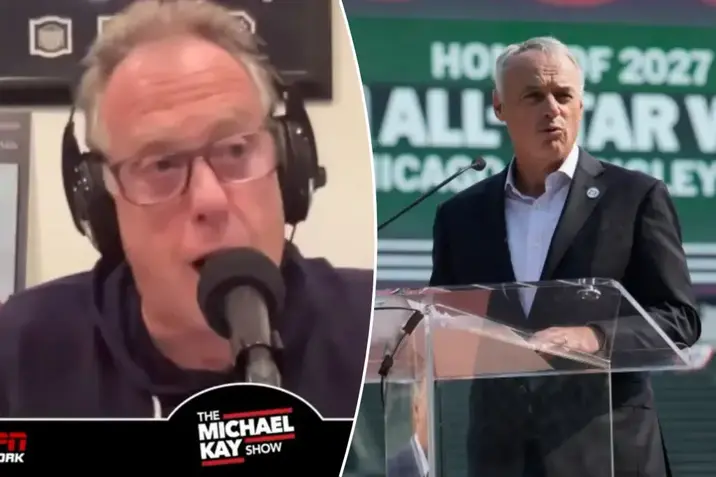
Yankees broadcaster Michael Kay expresses cautious support for geographic realignment, stressing potential gains in rivalries and fan interest.
Kay backs MLB geographic realignment
MLB commissioner Rob Manfred floated geographic realignment during ESPN's Little League Classic broadcast, tying the idea to possible expansion. The suggestion drew quick reactions from fans and analysts who worry about altering a century of tradition and the role of interleague play.
Michael Kay, hosting his ESPN New York radio show, spoke with guarded optimism. He called the move potentially the biggest action the commissioner has taken outside a salary cap, noting the sport your kids are going to grow up watching could be completely different. Kay argued that scrapping interleague play could restore excitement by placing long-standing rivalries in the same division. He also cautioned that any realignment would start with expansion and stressed that schedules, travel, and revenue sharing would be major hurdles. The idea is not a blueprint; Manfred gave few details and the process would hinge on stadium deals and how teams share the financial load. Proponents see a chance to refresh the product and lift interest around marquee events, while critics warn tradition could be lost and travel could become a burden.
Key Takeaways
"This would be the biggest thing Rob Manfred does."
Kay on the magnitude of the potential move during his ESPN radio show.
"Maybe if you did that, the All-Star Game would mean something again."
Kay on rekindling interest in the All-Star Game under a realigned format.
"I think it could be for the better if they knock off interleague play."
Kay expressing conditional support for ending interleague play.
"The sport your kids are going to grow up watching will be completely different."
Kay describing the long-term impact on the game’s audience.
Editorially, the proposal highlights a broader tension in sports between preserving tradition and embracing efficiency and spectacle. Realignment could sharpen rivalries, cut down on cross-country travel, and potentially boost TV and attendance numbers if done thoughtfully. Yet it also risks alienating purists who prize the current leagues and the rhythm of interleague play. The viability depends on a credible expansion plan and a fair way to handle revenue sharing. The stadium hurdles for Oakland and Tampa Bay show how logistical realities can stall big ideas. If MLB proceeds, the real test will be whether fans see tangible gains in meaning and competition or simply a reshuffling of schedules that leaves them yearning for the old order.
Highlights
- The map could change the game your kids grow up with
- Rivalries belong in the same division not across the country
- The All-Star Game would mean something again
- Expansion starts the realignment conversation
Potential backlash over realignment and expansion
Shifting divisions and reducing interleague play could trigger fan protests, financial concerns, and timing conflicts. Stadium issues for Oakland and Tampa Bay add a layer of delay and uncertainty for any expansion plan.
The next steps will reveal how far MLB is willing to bend tradition for a broader game plan.
Enjoyed this? Let your friends know!
Related News
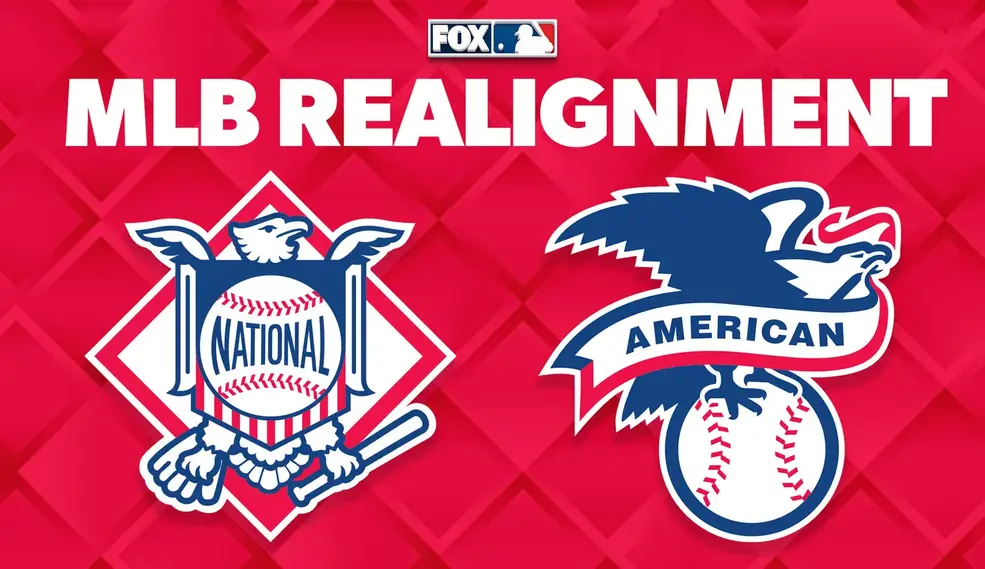
MLB considers eight-division realignment

Cameron Maybin opposes MLB realignment shakeups
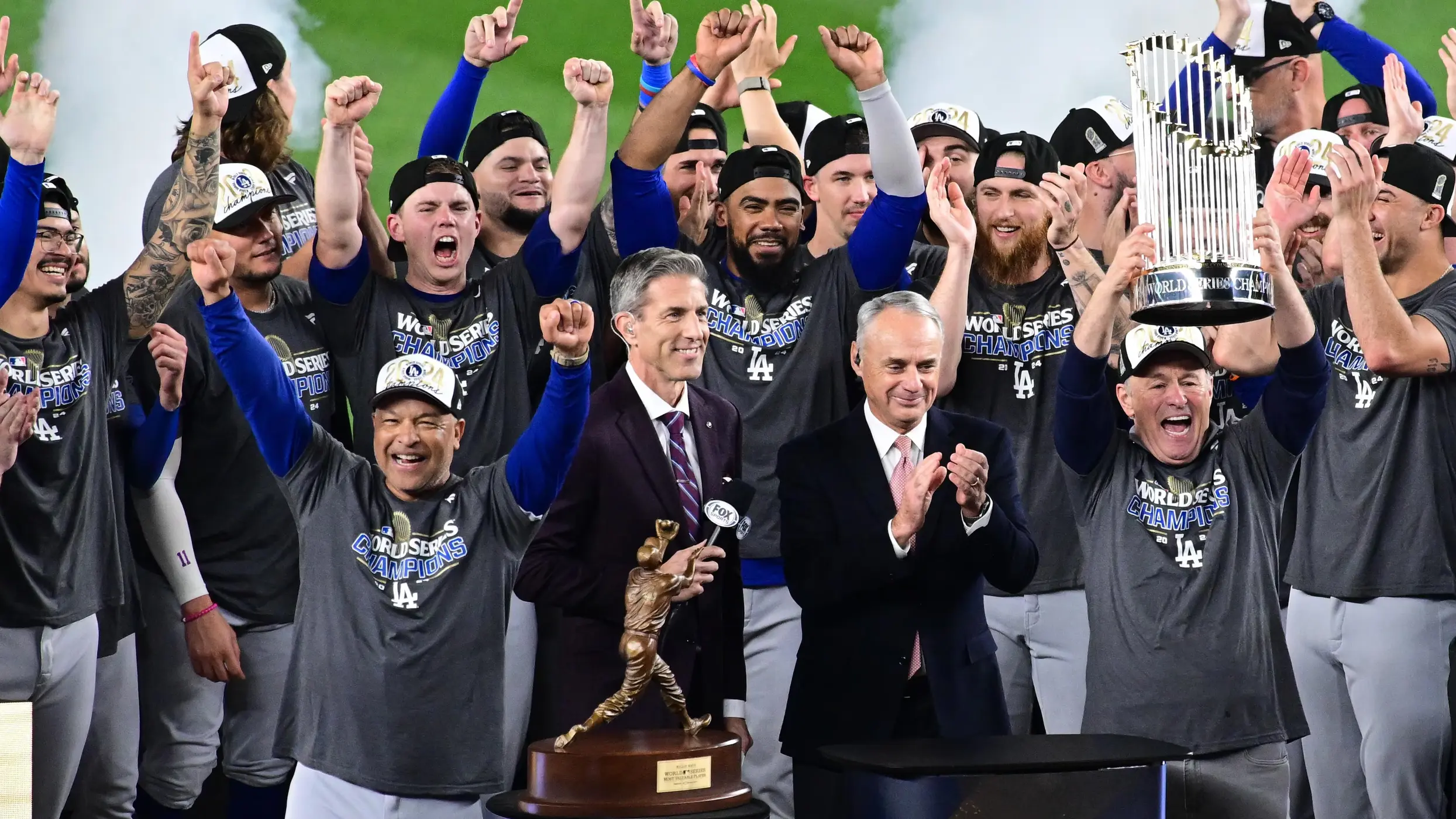
MLB weighs expansion and division realignment
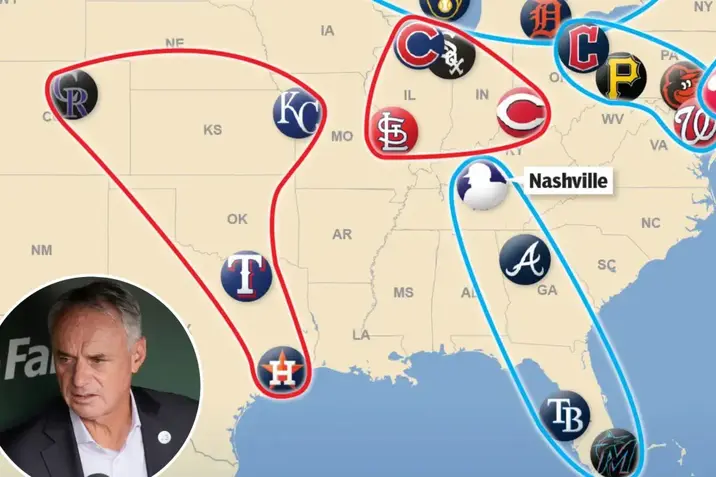
MLB realignment plan draws backlash
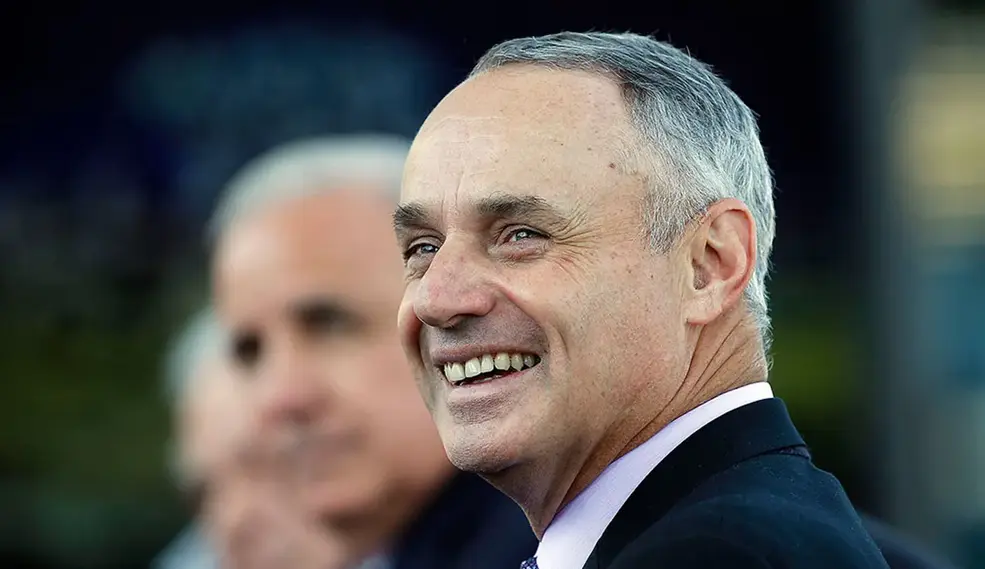
MLB expansion may trigger division realignment

MLB expansion realignment headlines
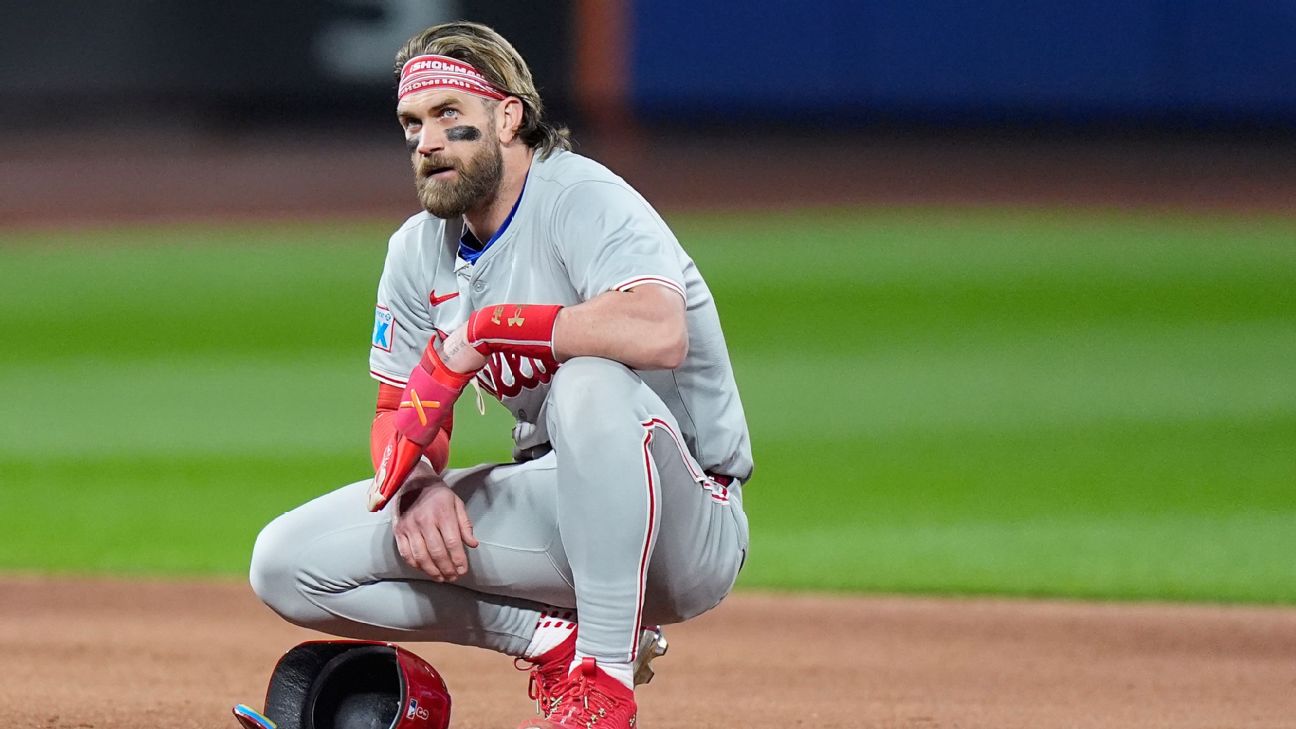
Bryce Harper confronts Rob Manfred in heated MLB meeting

Astros in Talks to Bring Back Correa
